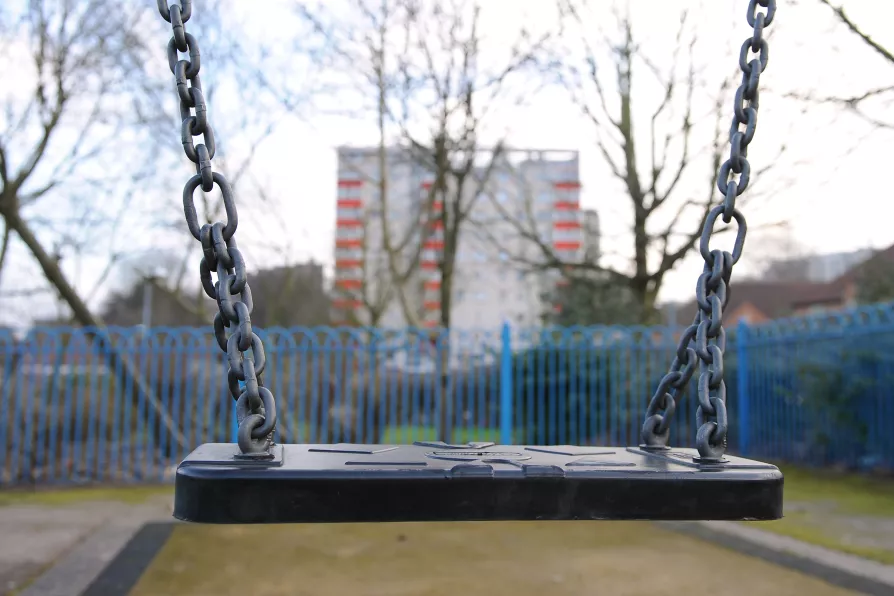The National Education Union general secretary speaks to Ben Chacko on growing calls to protect children from a toxic online culture
The government is failing poor pupils
If the school cuts are allowed to continue, we're in danger of leaving behind a whole generation of working-class children, says ROBERT POOLE


THE independent think tank, the Education Policy Institute, published its 2019 annual report on the state of education in England last month and the results are damning.
It reveals that children from socioeconomically disadvantaged families will be nearly two years behind their wealthier peers by the end of secondary school, with the cause of this being traced back even before their birth.
The EPI published an infographic showing the lives of two children from different backgrounds. One a working-class child, the other a more wealthy child.
Similar stories

NICOLA SARAH HAWKINS explains how an under-regulated introduction of AI into education is already exacerbating inequalities













